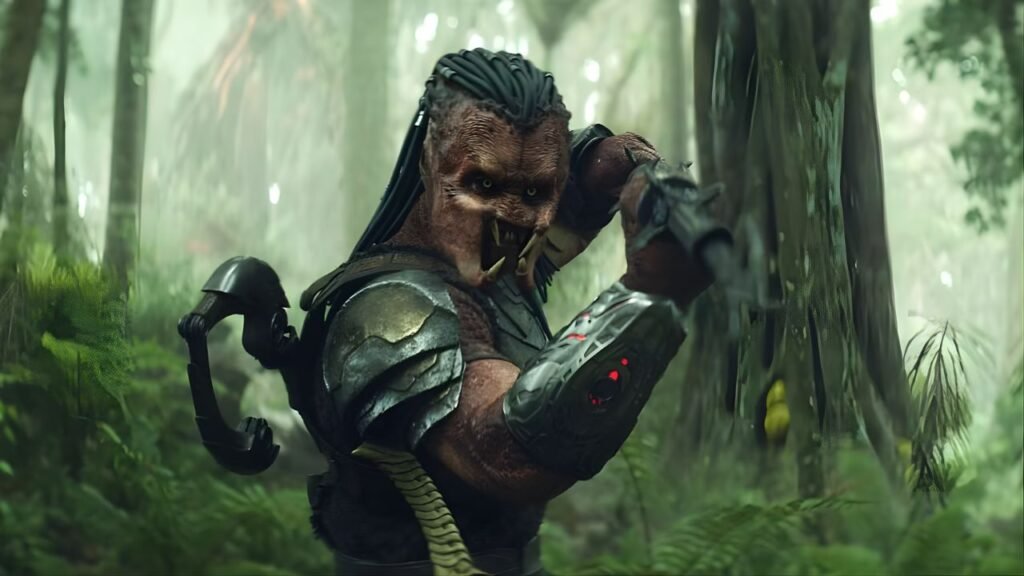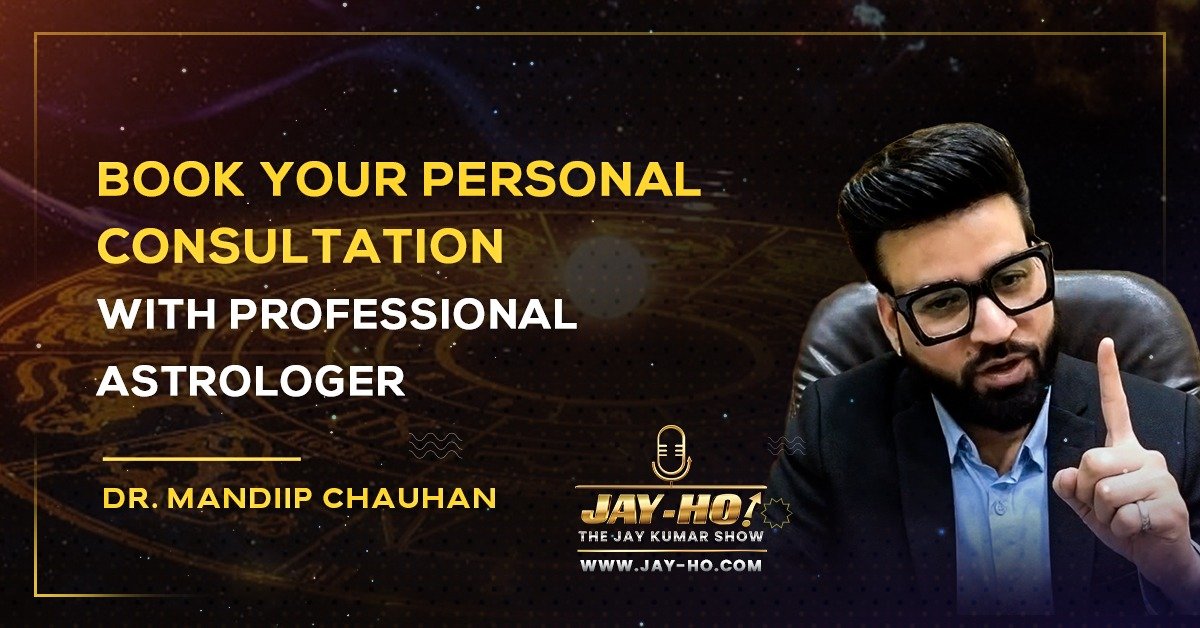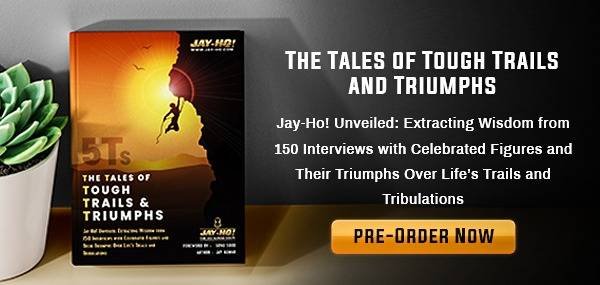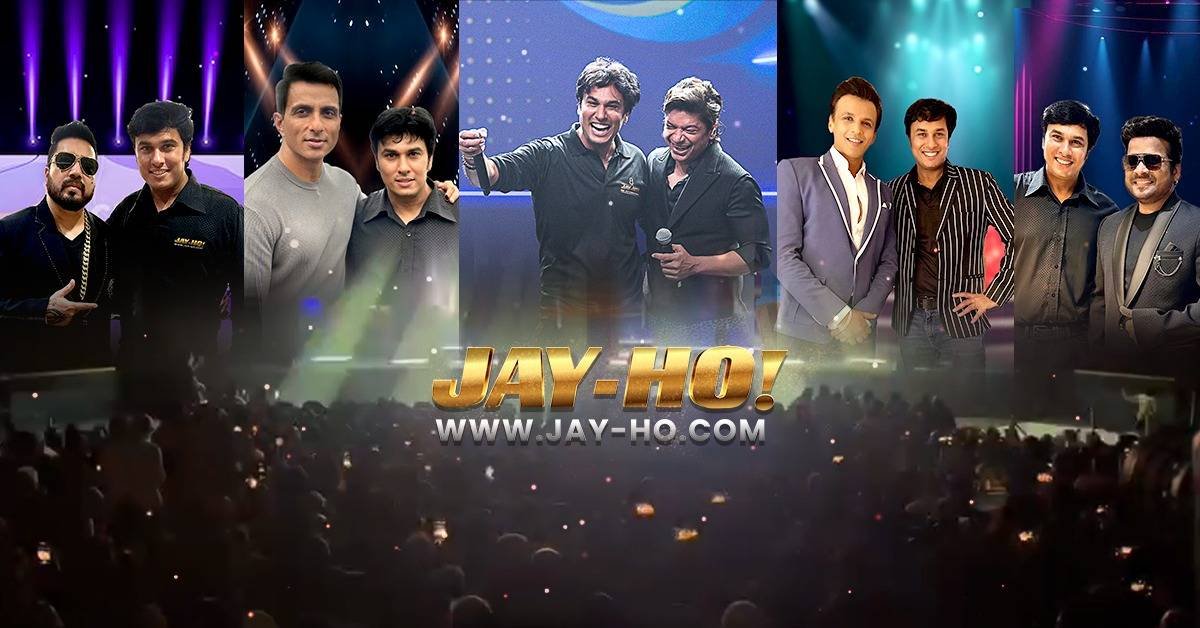After years of sequels and spin-offs, Predator: Badlands finally breathes new life into the iconic sci-fi franchise. Directed by Dan Trachtenberg (Prey), the film flips the script by shifting the narrative from the human survivors to the Predators themselves — and the result is both fierce and surprisingly emotional.
Gone is the one-dimensional monster mythology. Instead, Trachtenberg offers an origin story steeped in honour, identity, and evolution, reminding audiences why the Predator still matters.
Story: The Hunter Becomes the Hero
Set on the desolate planet Genna, Badlands follows Dek (Dimitrius Schuster-Koloamatangi), a young warrior from the Yuacht clan — a proud yet divided Predator tribe. Branded weak and exiled, Dek is forced to prove his worth by hunting a deadly creature called the Kalisk.
His mission turns into a soul-searching journey when he meets Thia (Elle Fanning), a two-bodied synthetic being created by the Weyland-Yutani Corporation. Thia’s mechanical logic clashes with Dek’s primal instincts, yet their fragile bond becomes the emotional heartbeat of the movie.
Together, they face rival hunters, corporate interference, and a moral dilemma that challenges what it means to be a predator — and what it means to be human.
Themes: Tradition vs Technology
While Predator: Badlands offers plenty of sharp action and cinematic tension, its real strength lies in how it juxtaposes tribal instinct with machine intelligence.
Through Dek and Thia’s journey, Trachtenberg explores honour, evolution, and empathy — ideas rarely associated with this blood-soaked franchise.
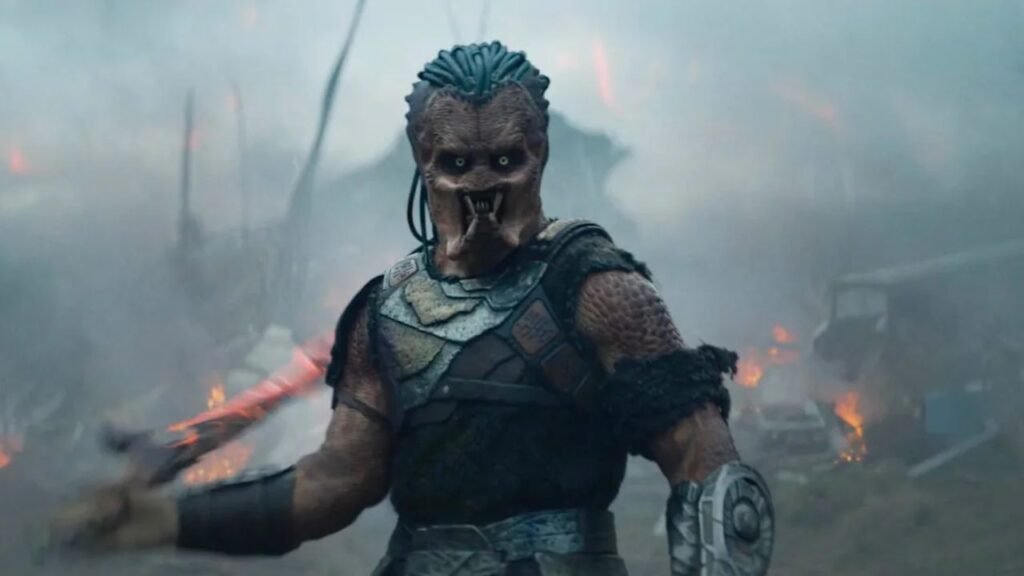
The Weyland-Yutani connection subtly ties the movie to the Alien universe, grounding the film in familiar sci-fi lore without overexposition. The tone remains atmospheric — dusty, spiritual, and raw — capturing both the savagery and the serenity of survival.
Performances: Depth Beneath the Armour
Dimitrius Schuster-Koloamatangi delivers a breakout performance, portraying Dek not as a killing machine but as a being torn between tradition and conscience. His silent moments hit hardest, revealing layers of vulnerability beneath the mask.
Elle Fanning, meanwhile, brings grace and nuance to Thia — and her dual role as Tessa, a cold corporate agent, showcases her incredible range. She balances robotic precision with human tenderness, grounding the film in emotional realism.
The supporting Predator cast — voiced by Michael Homick and others — adds texture and tension without overshadowing the leads.
Direction and Visuals: Brutal Yet Beautiful
Dan Trachtenberg once again proves his mastery of genre storytelling. Much like Prey, he avoids CGI overload and focuses on texture, scale, and emotion. The landscapes of Badlands feel vast and unforgiving, shot with cinematic grandeur.
The sound design — deep growls, echoing winds, and bone-cracking action — creates an immersive experience that grips from start to finish.
Verdict: The Predator Finds Its Humanity
Predator: Badlands doesn’t just reboot the franchise — it redefines it. By making the Predator the protagonist, Trachtenberg invites audiences to see the creature not as a monster, but as a mirror of ourselves — flawed, curious, and seeking redemption.












